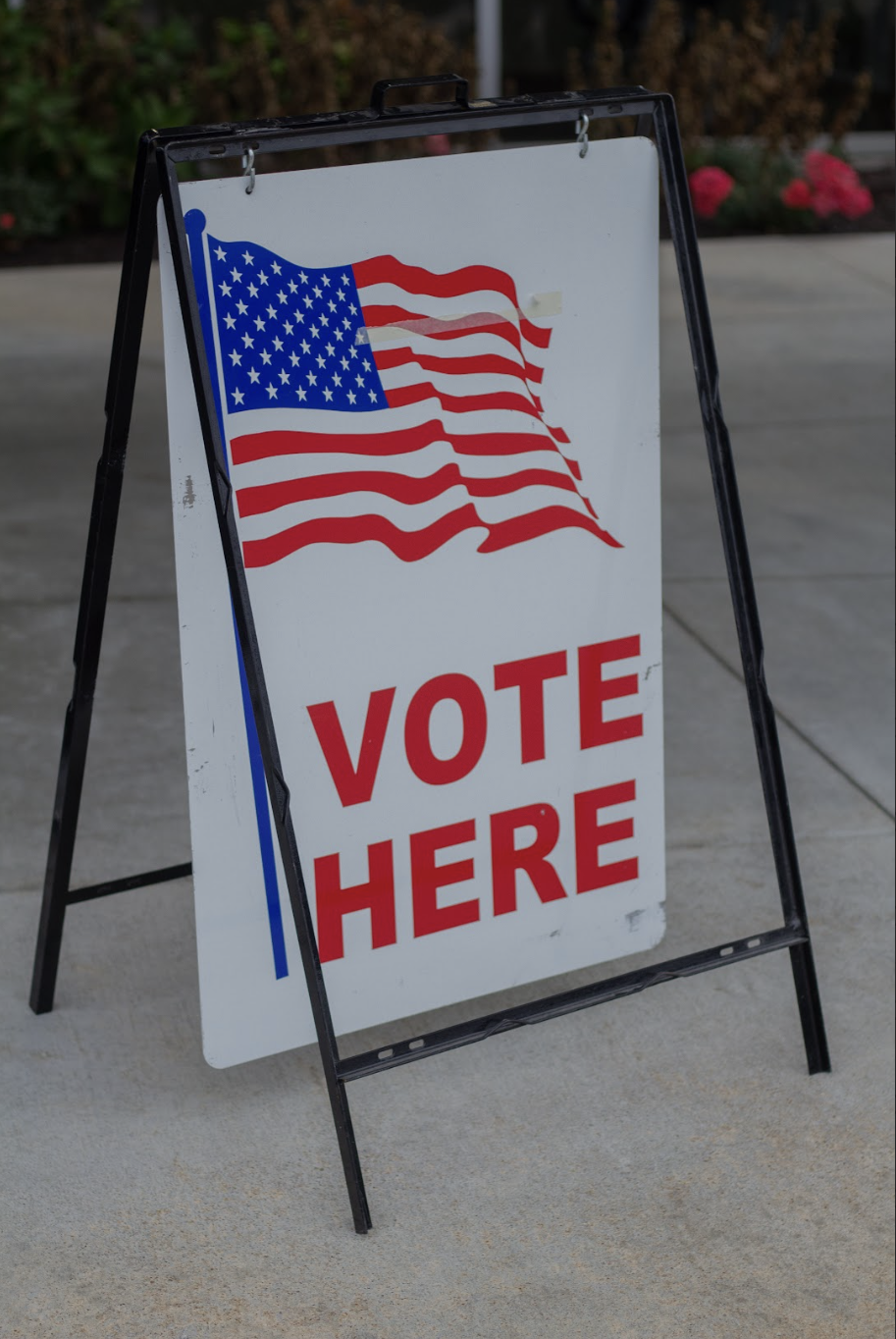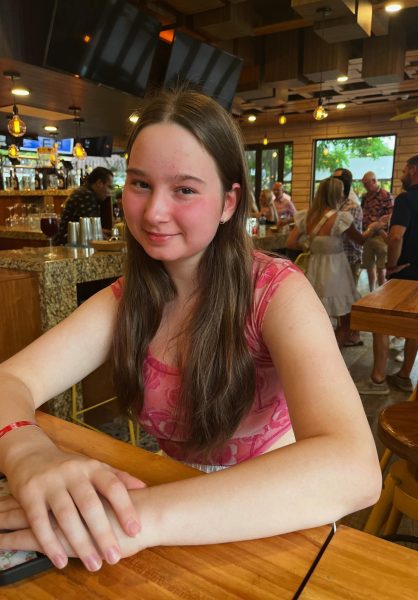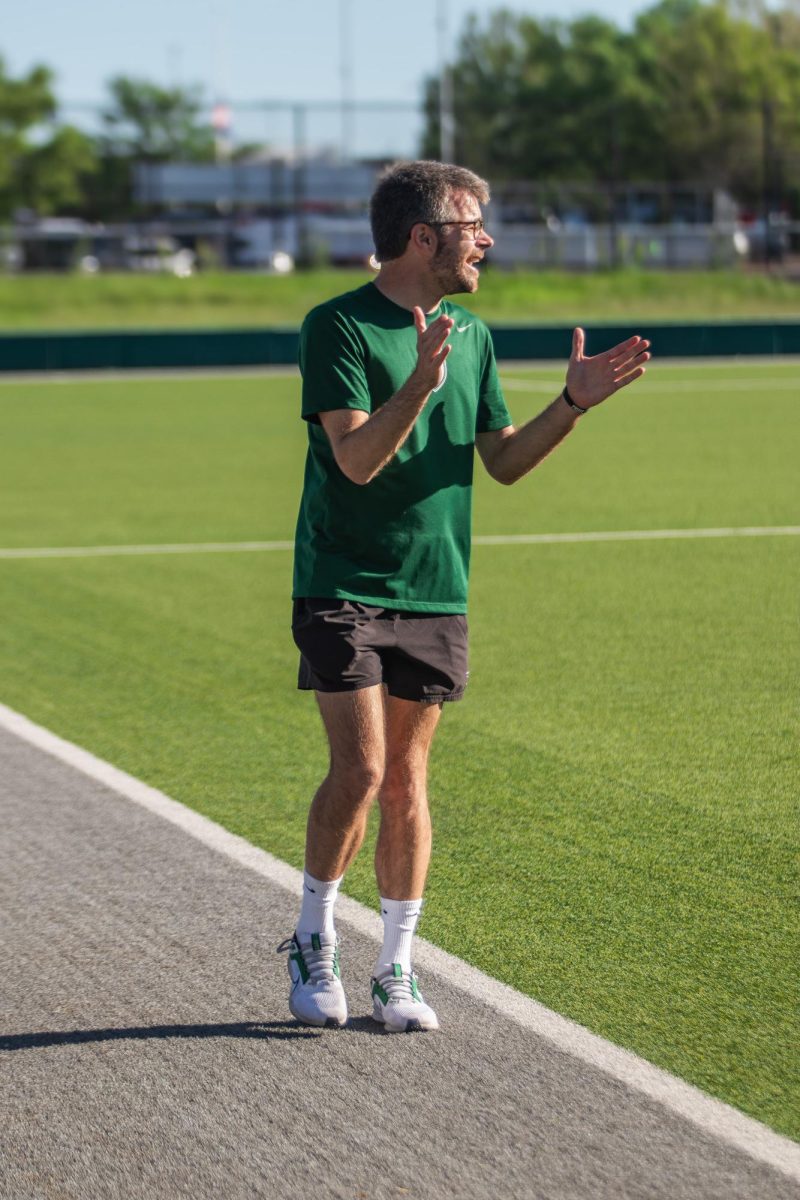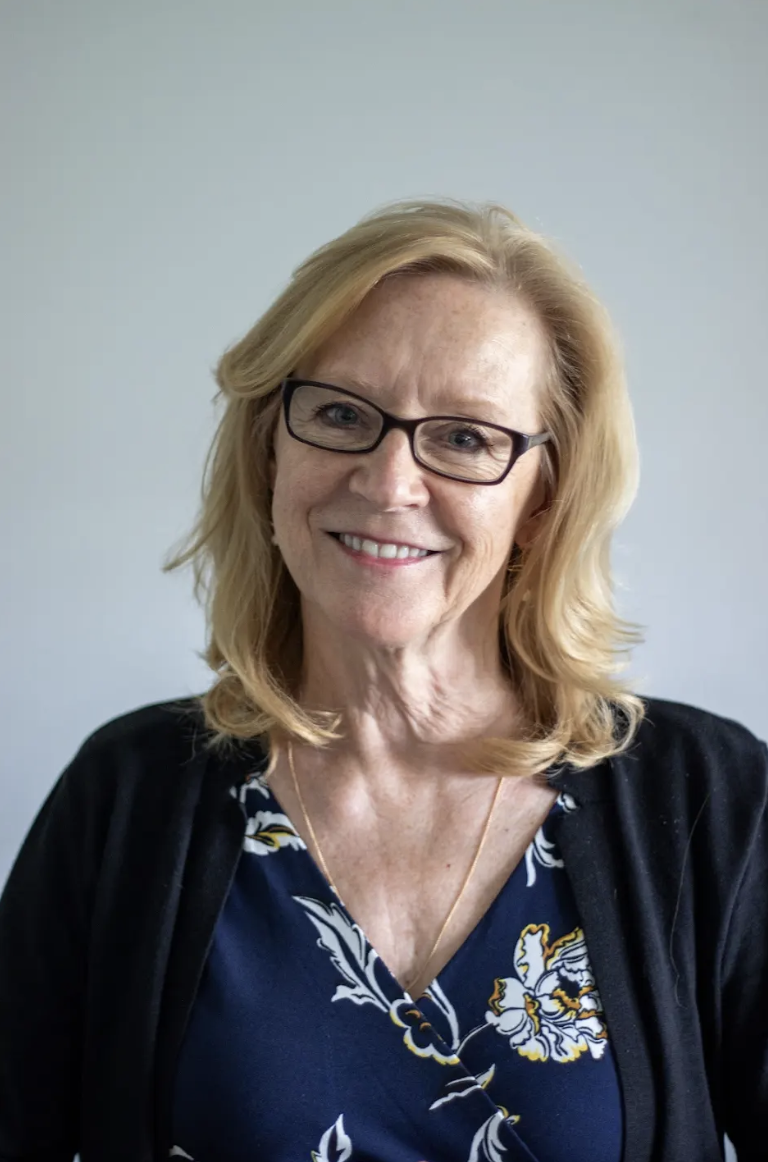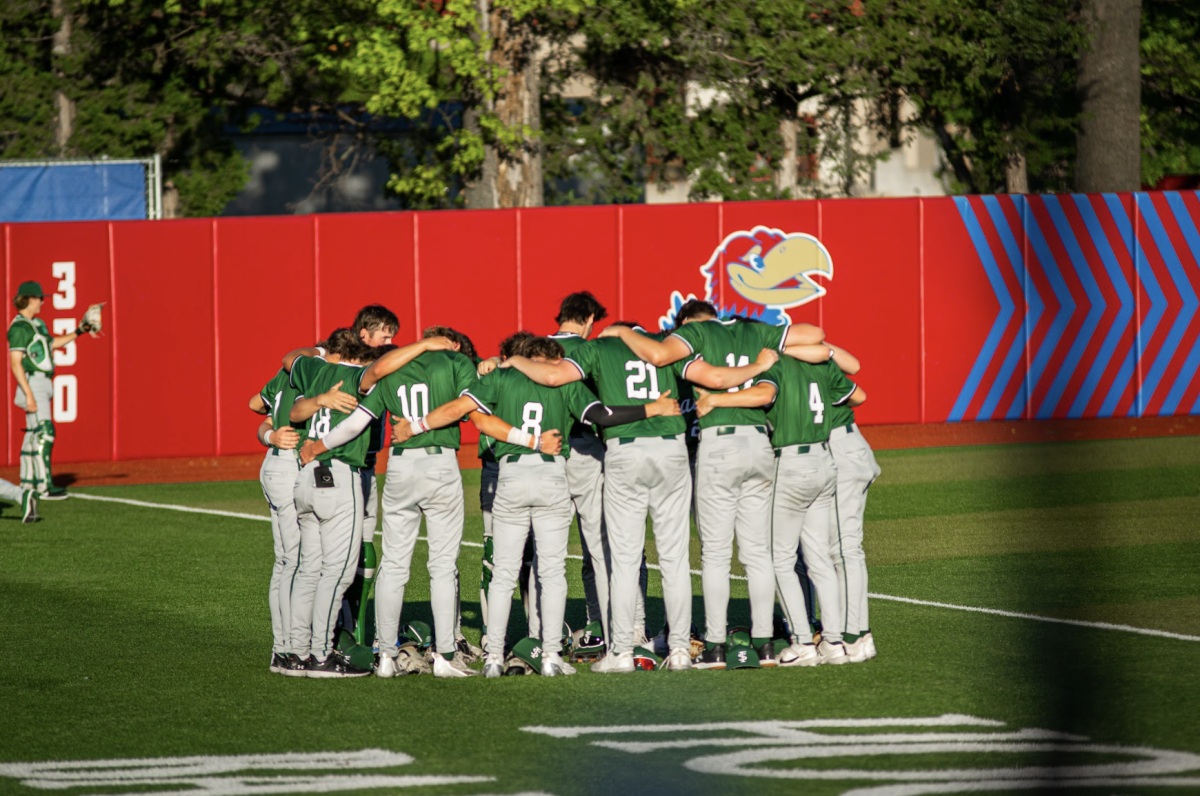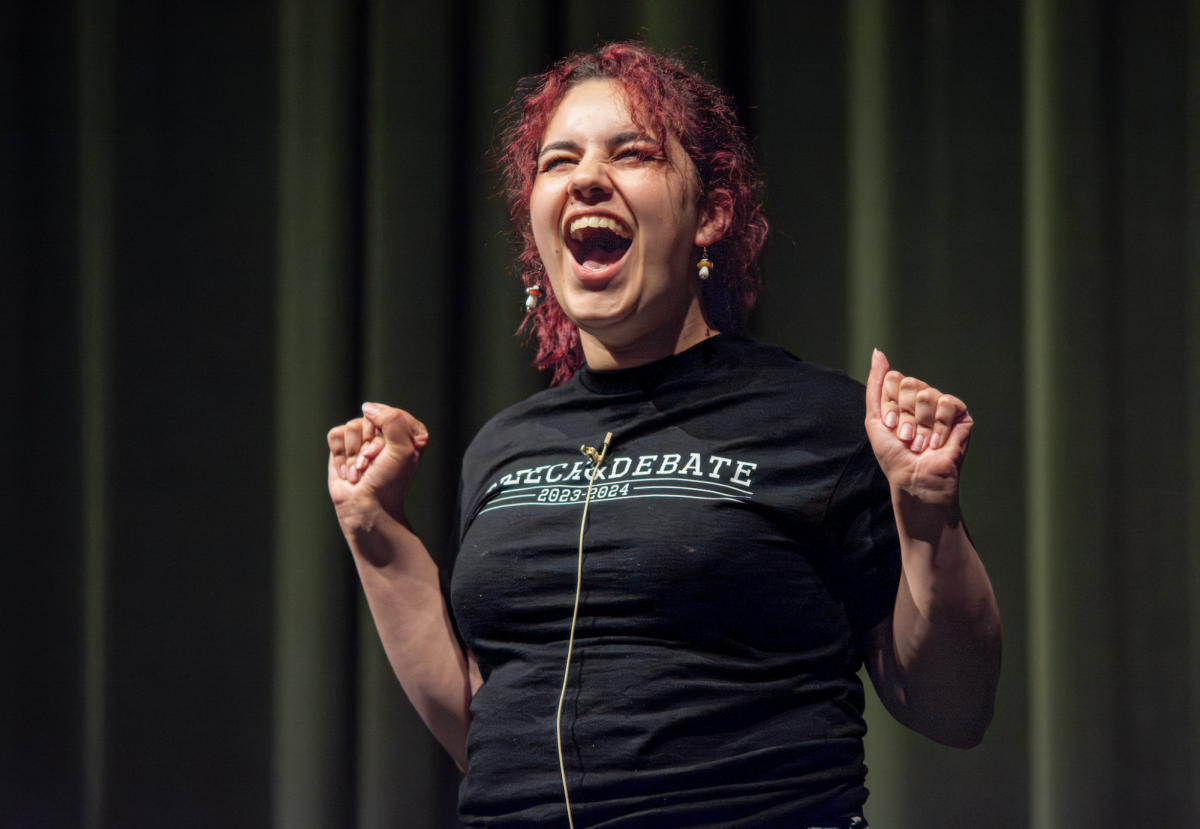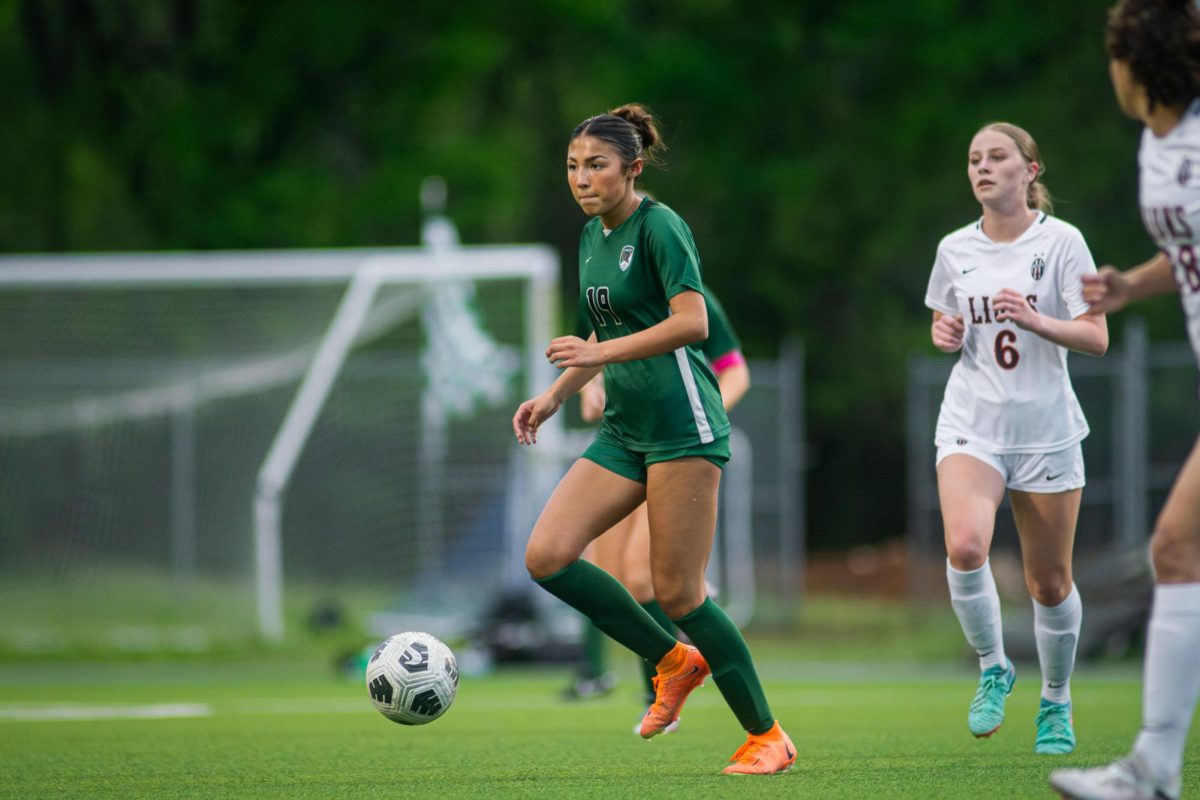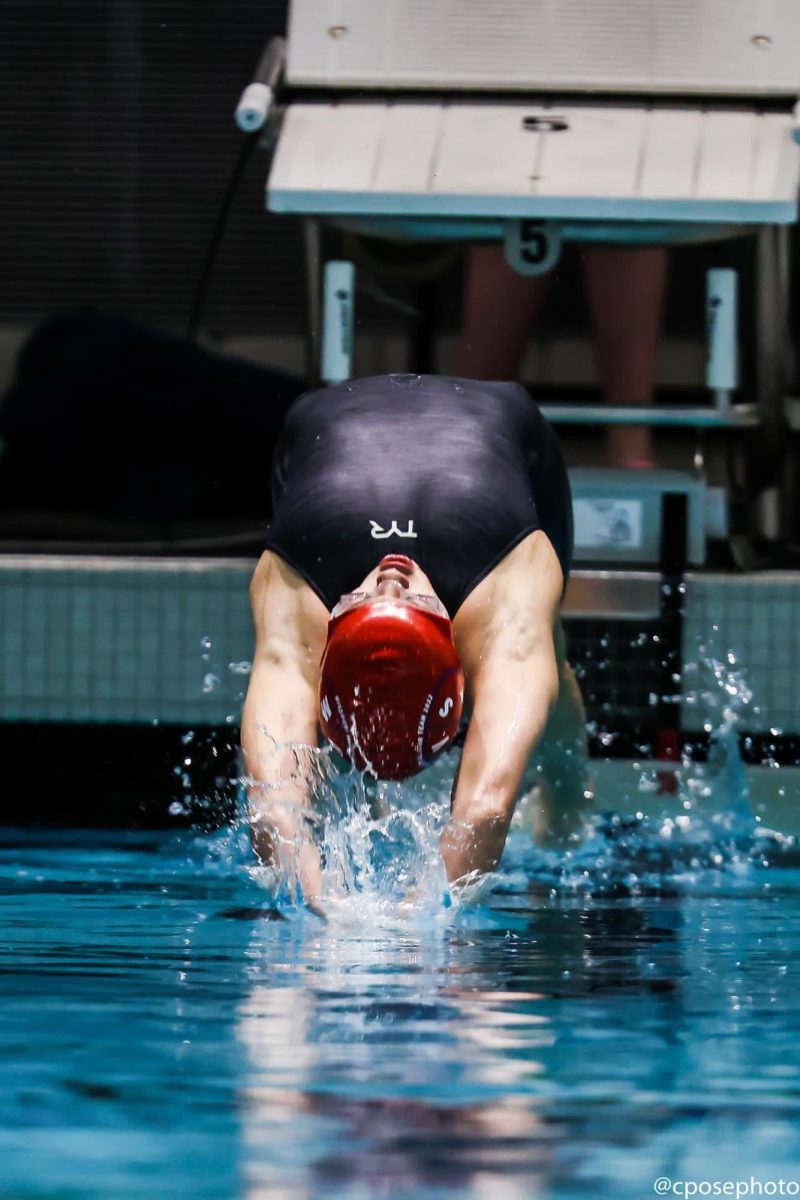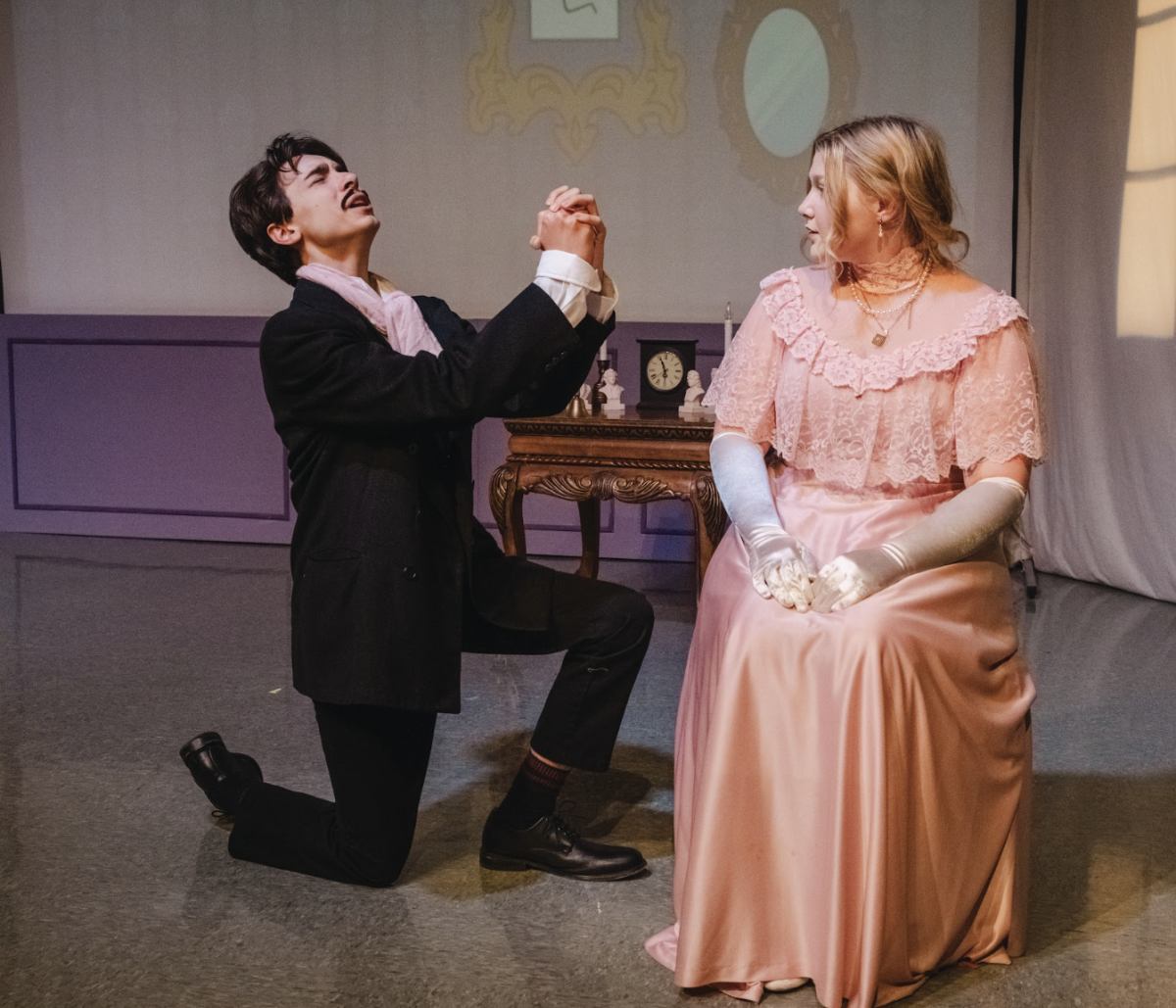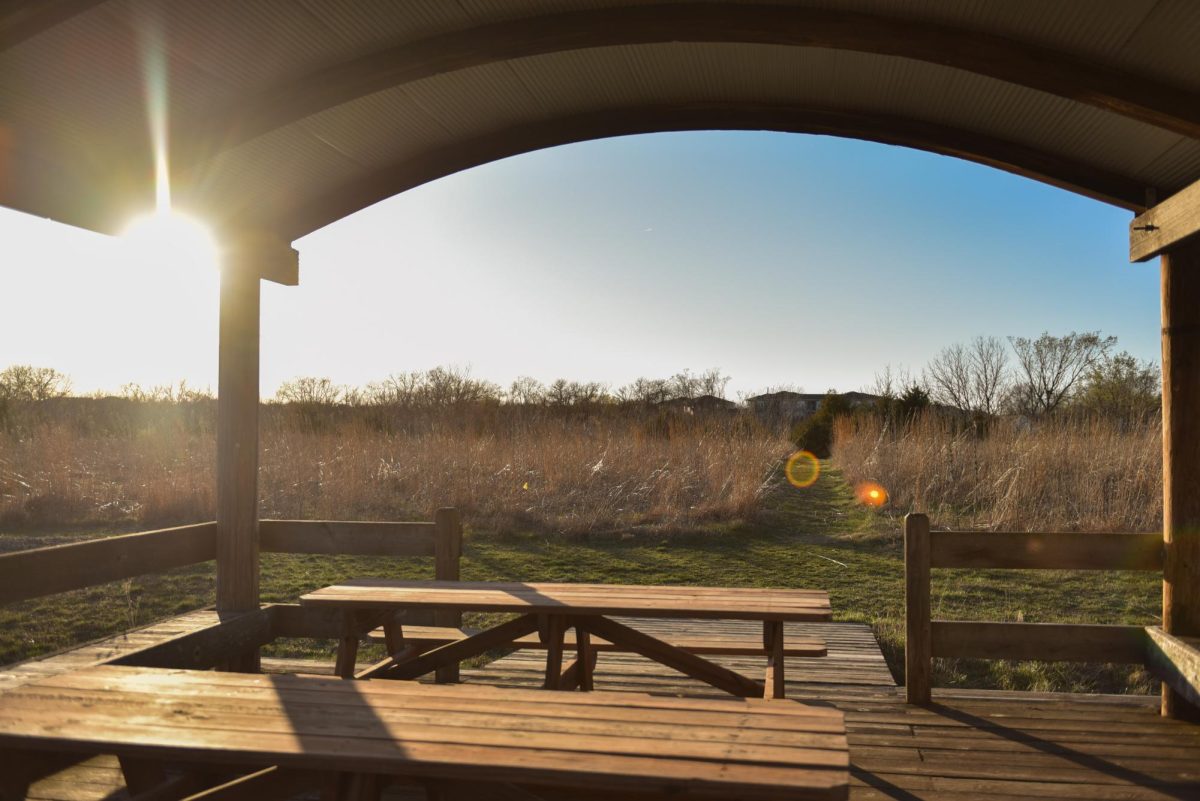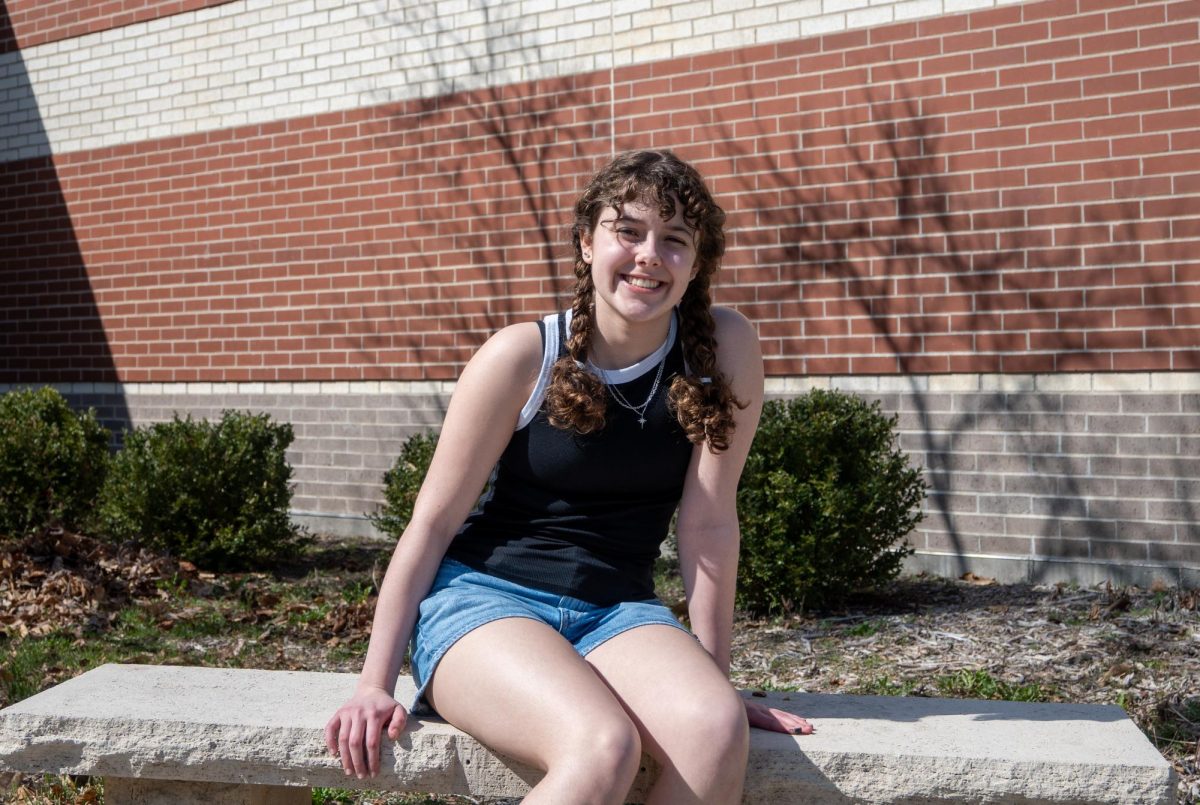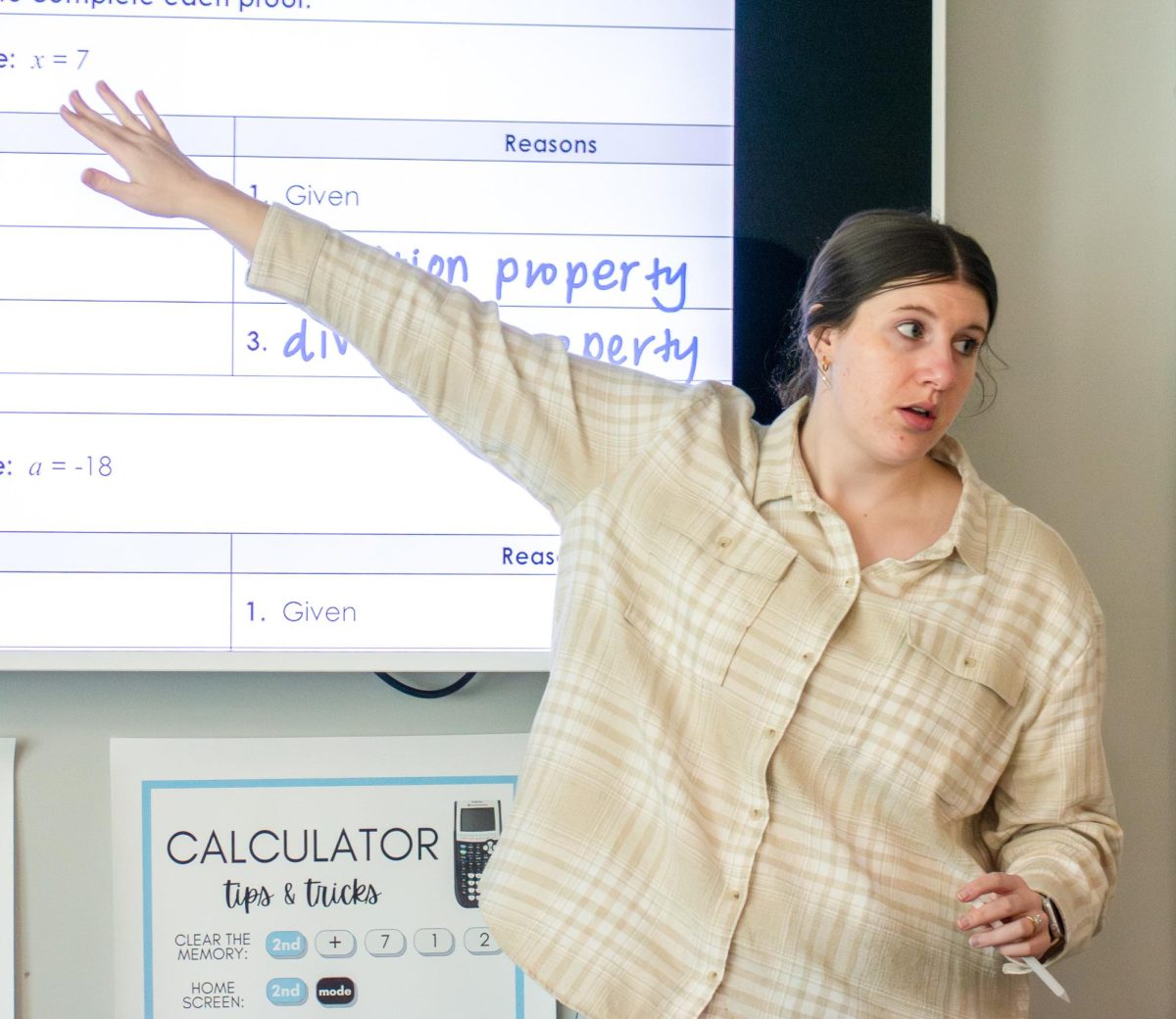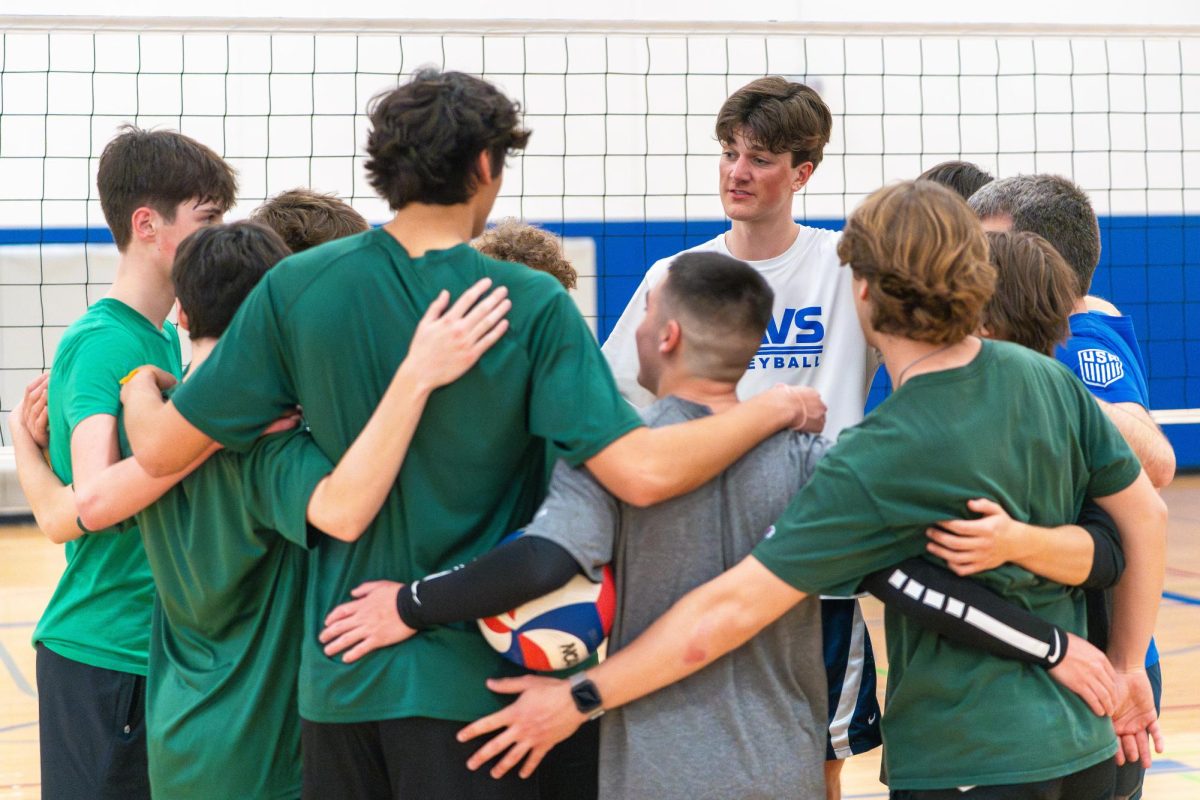With the previous caucus in Iowa and the primary in New Hampshire, the 2024 election season has officially begun. Students who will be 18 next Nov. have a lot on their minds when it comes to the election.
“Since my first time voting will be the presidential election, I feel like my vote matters a lot,” senior Bella Shump said.
While for people who follow politics closely none of the candidates are new, for new voters the primaries and caucuses are an opportunity to learn more about who they might be voting for.
“I really want to look more into the different candidates because I normally don’t pay much attention to politics,” Shump said.
For students who are actively looking into politics, the experience is a little different. While there are a lot of options when it comes to getting information about politics, for senior Sydney Smith finding a reliable source is difficult.
“I definitely try to reach for unbiased sources but I feel like that’s pretty hard to figure out, at least for someone not in the journalism sphere,” Smith said. “Different journalists under the same network can have different views,”.
Trying to find honest information online is a constant struggle for anybody looking online. For teacher Jeff Haas, social media creates barriers to how accurate its information is.
“It’s so easy to put content into social media without many hurdles or regulations,” Haas said.
It’s not uncommon for people to get their news from social media like TikTok or Instagram, however, neither of these sites strictly regulate their content or reliably inform you when information is false. When it comes to politics the algorithms of social media can feed into your personal biases and impact how you look at information.
“I do think how anyone views information on anything impacts how they think about it-not just students and elections,” Haas said.
With the overwhelming amount of content that people receive when they go online, for Haas, people need to have spaces where they feel comfortable discussing important issues, like politics.
“We live in a society that generally encourages discourse politics,” Haas said. ”While far from perfect, our society, including schools, are a good arena for students to express views, but also be exposed to different views on political matters.”



